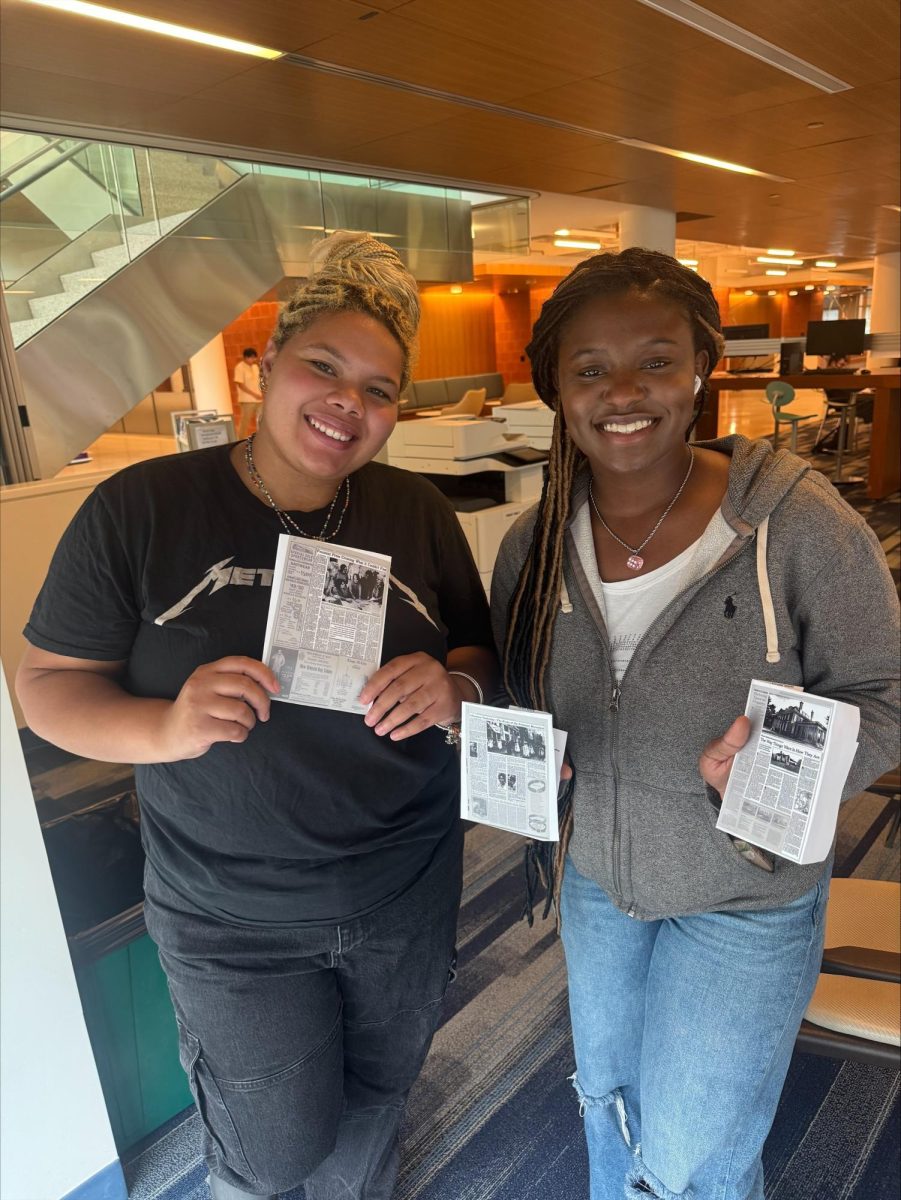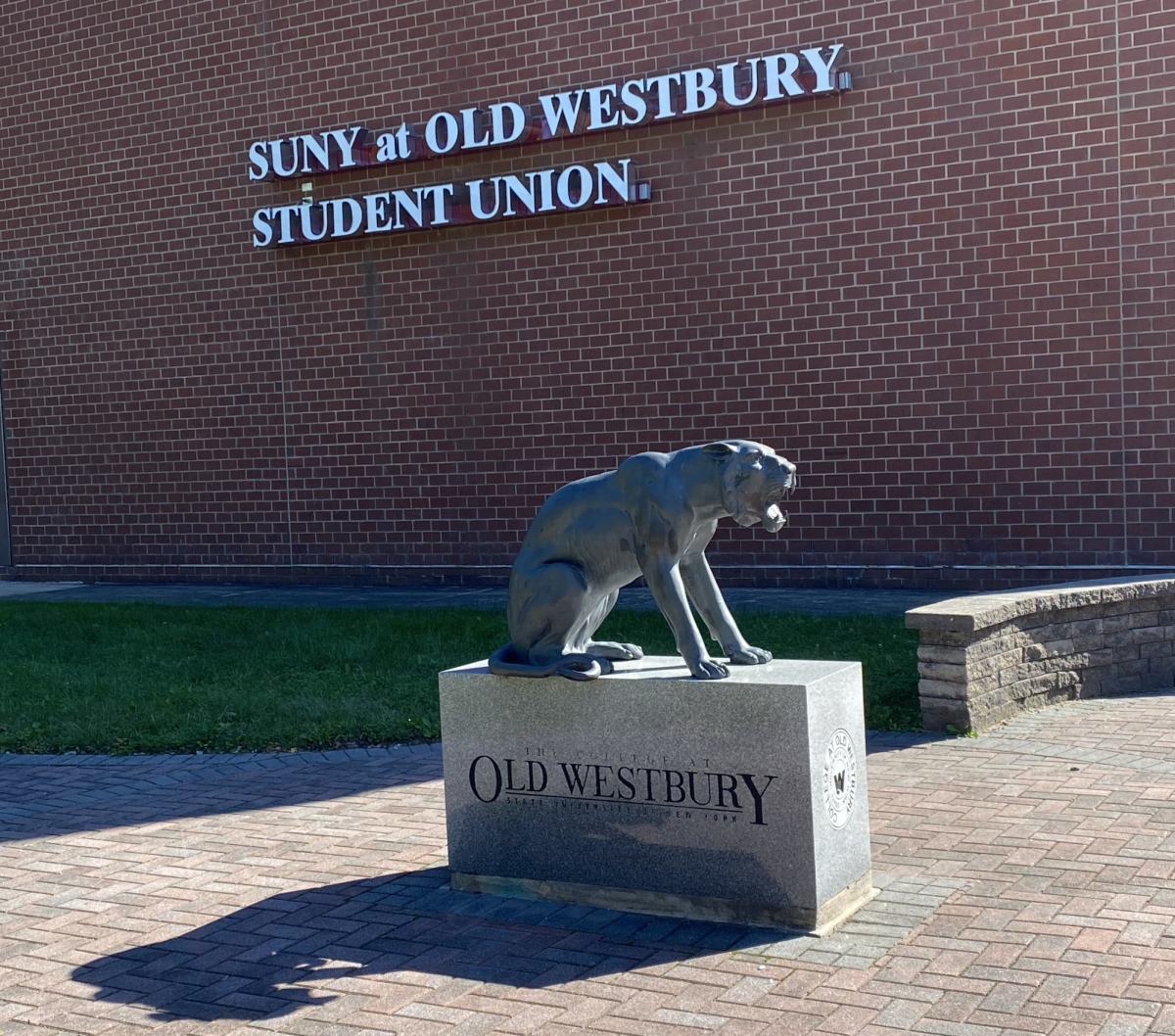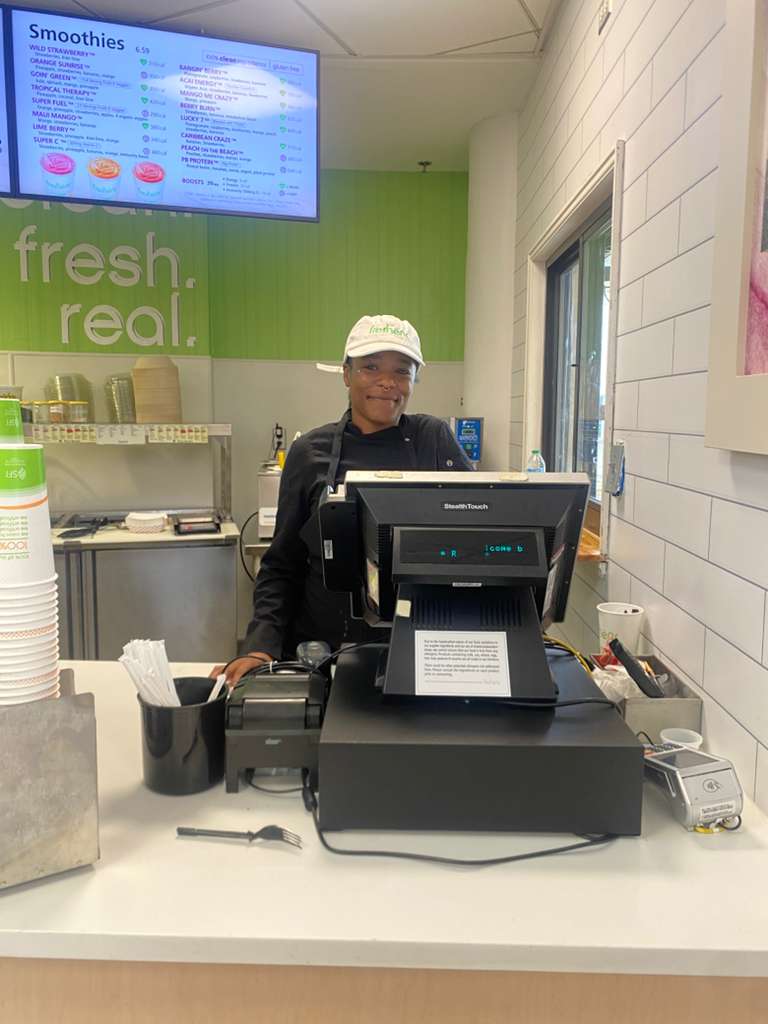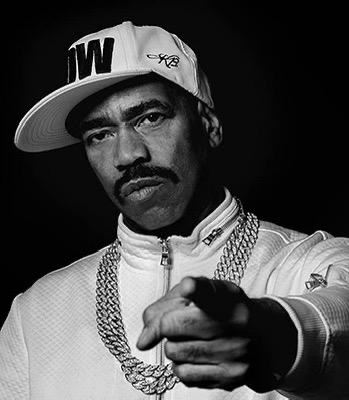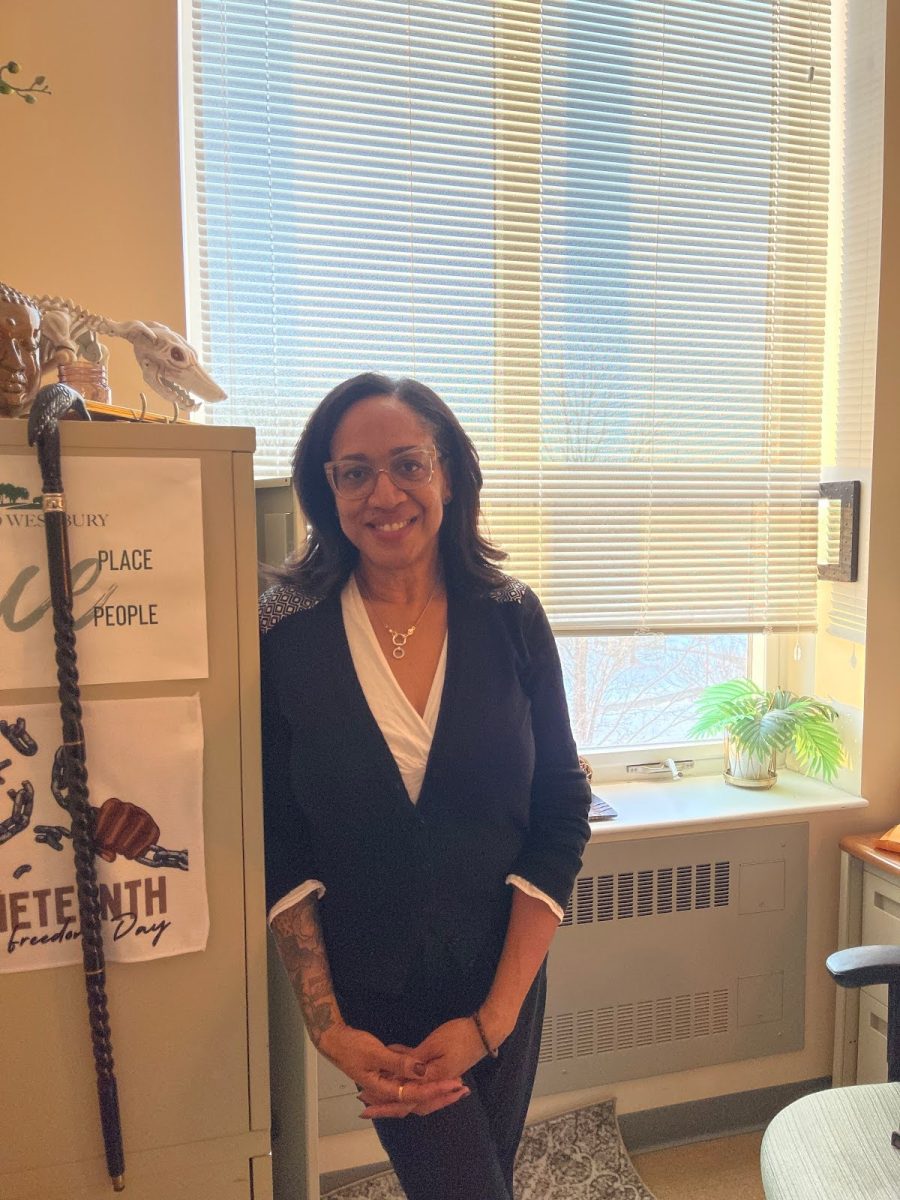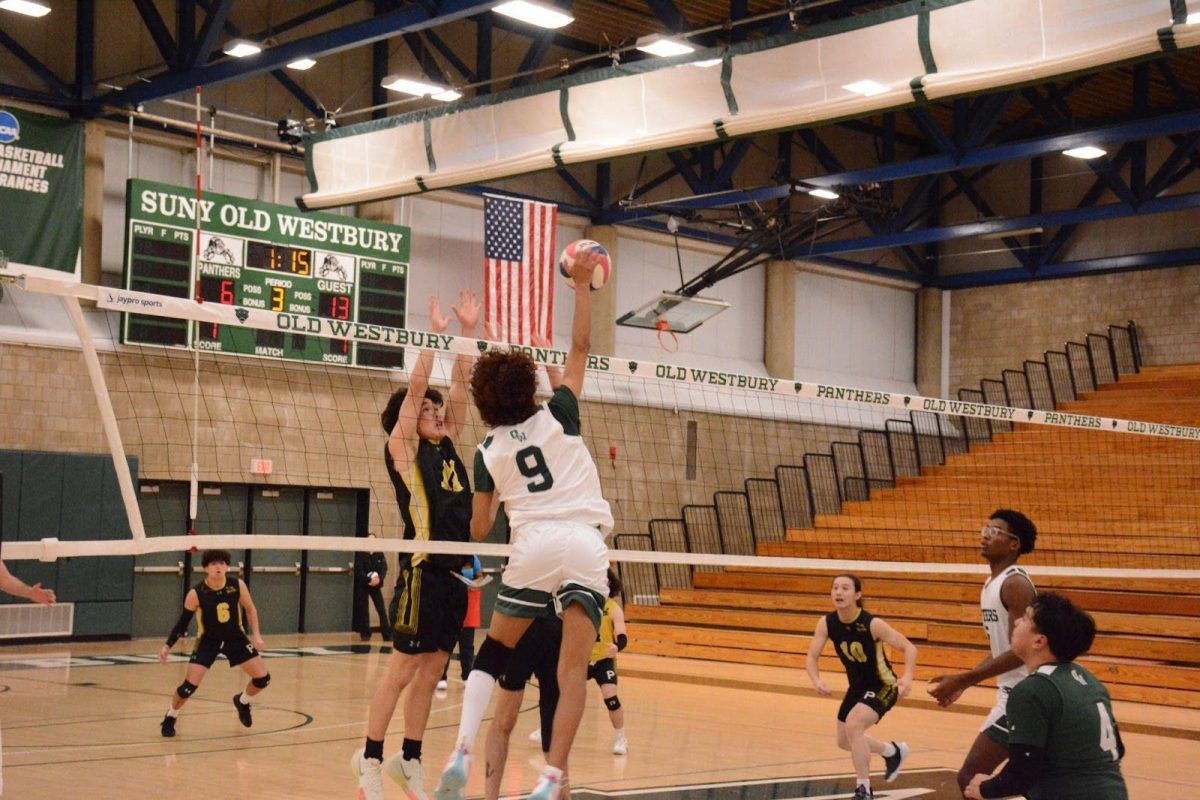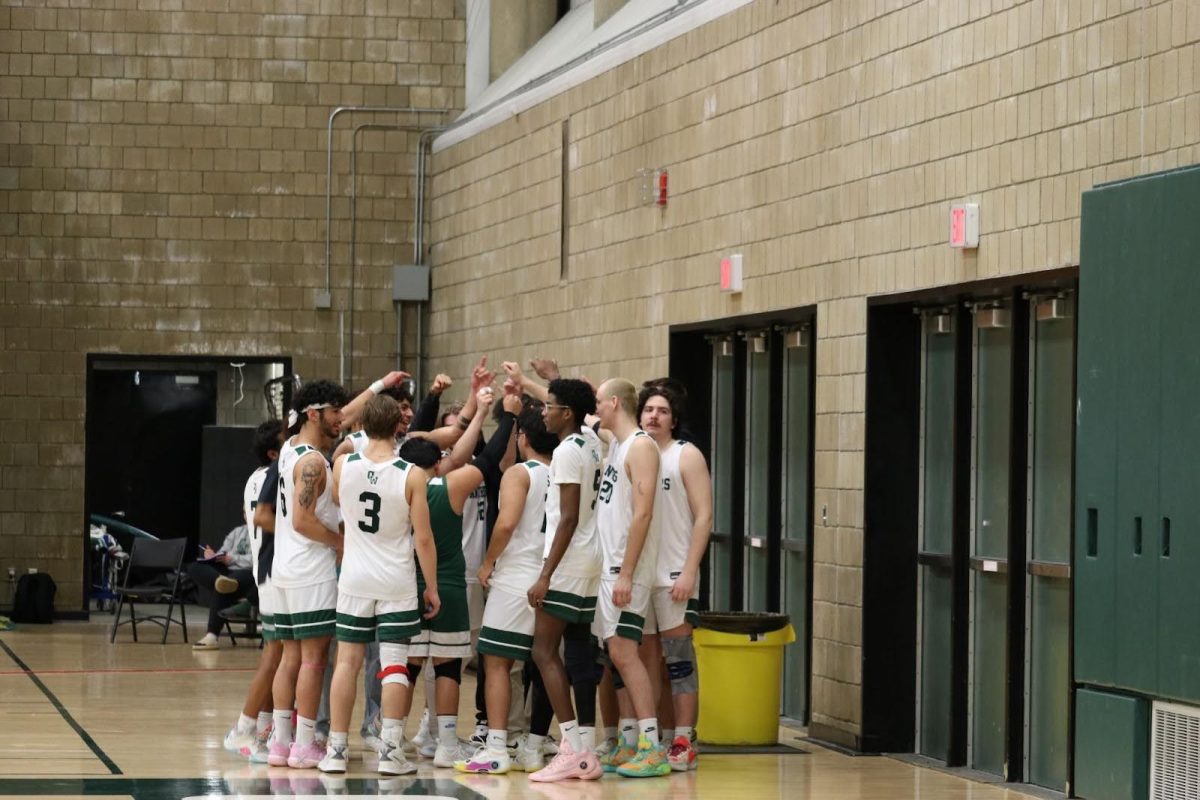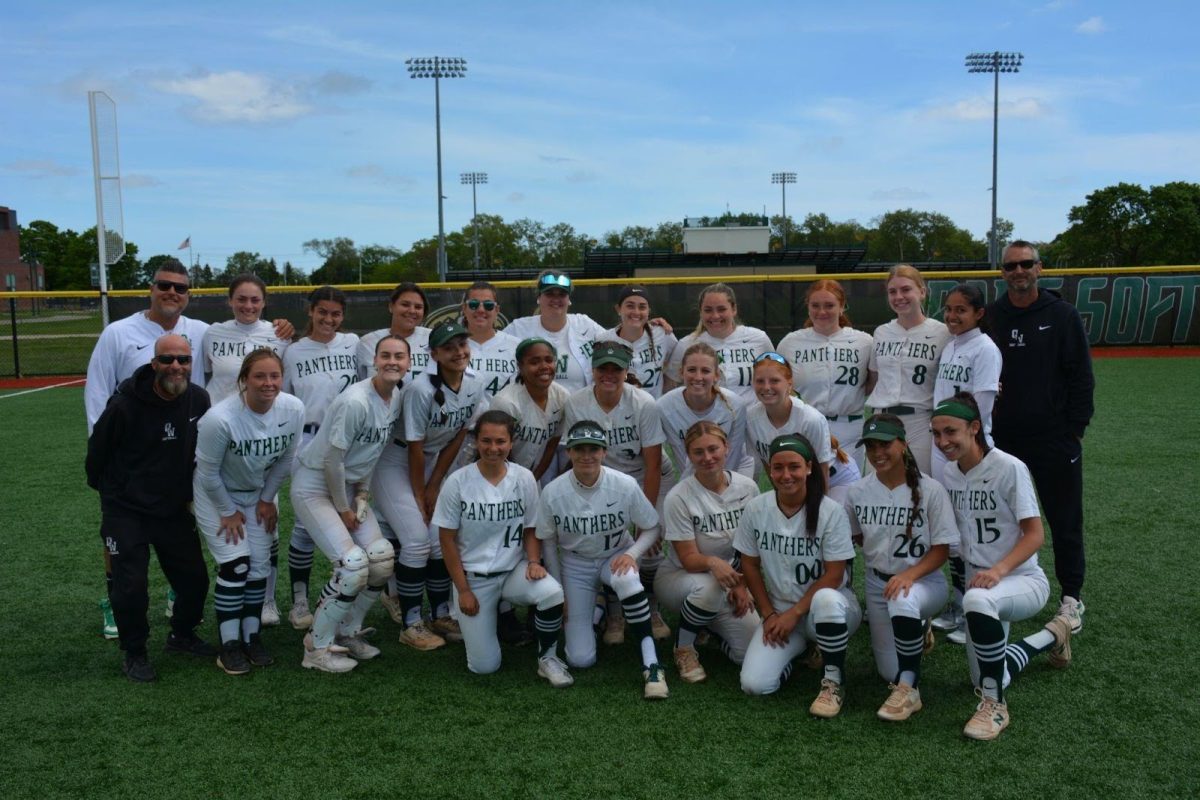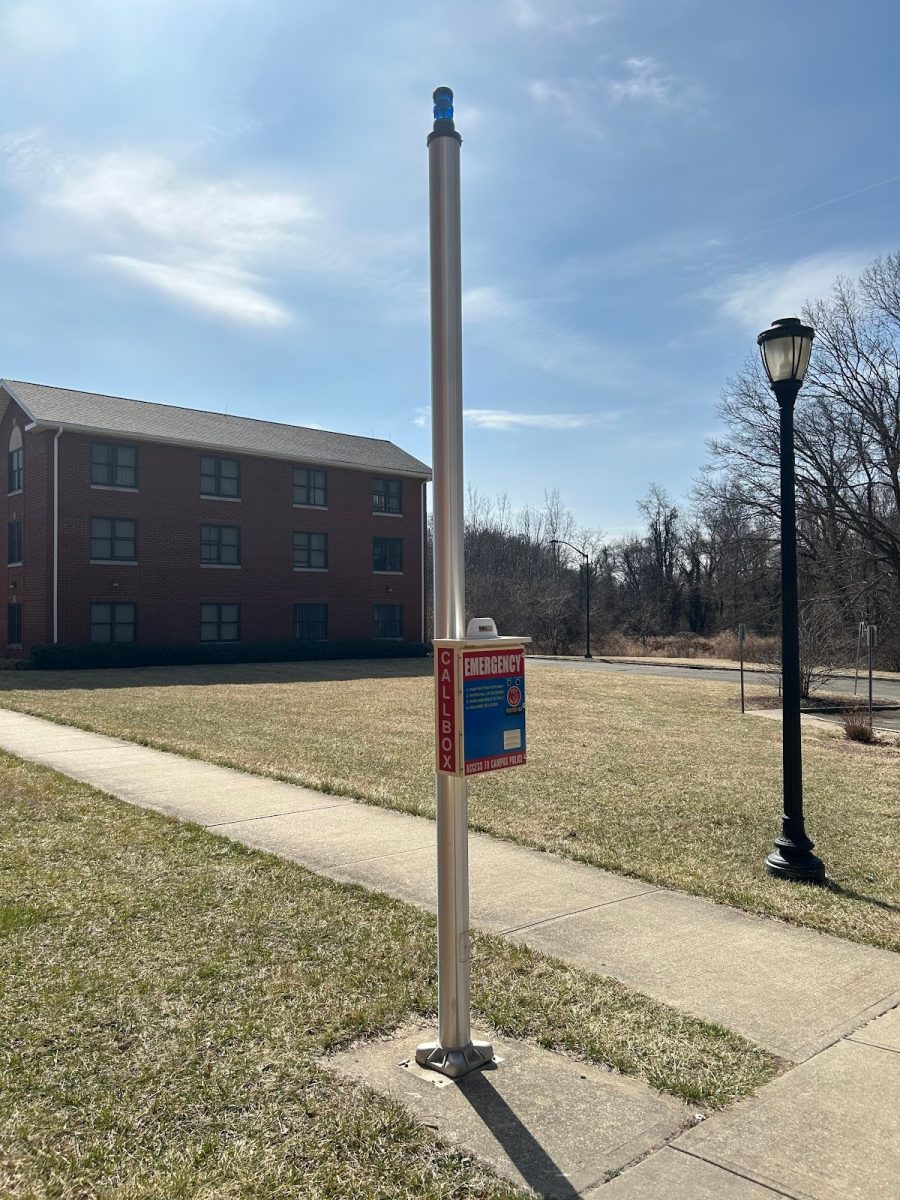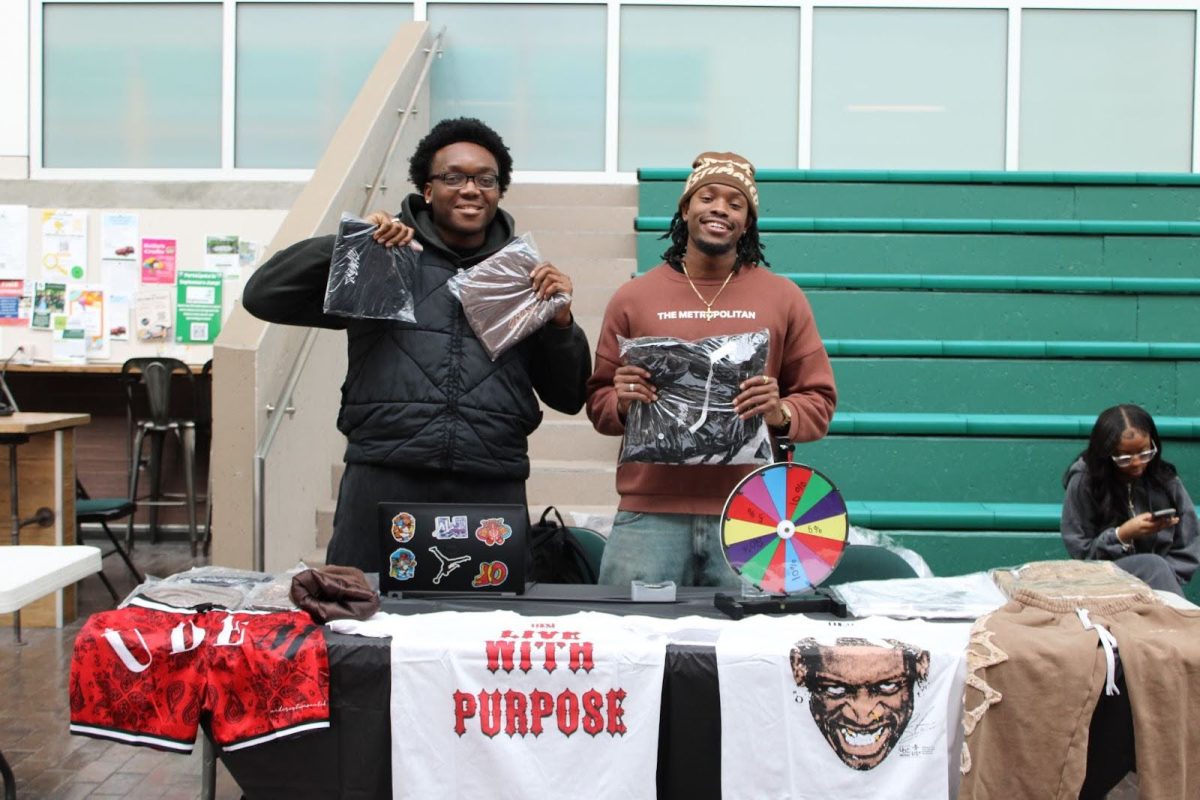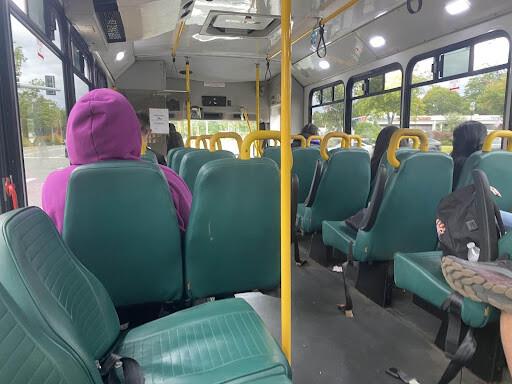
Since Black History Month has just ended and Women’s History Month has now begun, there’s no better opportunity than now to bring awareness to an underrepresented yet inspiring historical figure that not many talk about.
Fannie Lou Hamer (née Townsend), born October 6,1917 in Montgomery Country, Mississippi, was an American civil rights and voting rights activist. She was the daughter of sharecroppers and grew up the youngest of 20 children picking cotton on her family’s land, according to Women’s History.
When Hamer was 27, she married Perry Hamer, and the two continued working as sharecroppers after their marriage. They worked for W.D. Marlow on his plantation until 1962, when she was fired for registering to vote according to Around Robin.
Hamer experienced many horrors in her life, including an incident that occurred in 1961. In a procedure meant to remove a uterine tumor, a white doctor performed a non consensual hysterectomy on Hamer resulting in her forced sterilization. This was a tactic that was common practice at the time in an attempt to reduce the black population. Still, Fannie Lou and Perry adopted two daughters (Women’s History).
In 1962, Hamer attended a civil rights protest meeting with the Student Non-violent Coordinating Committee (SNCC) where she met activists who were encouraging African Americans to vote. Already having an interest in civil rights, it was then that her interest escalated, and Hamer decided to become an activist for voting rights as well (History). From then on, she dedicated her life to civil rights activism.
In 1963, Fannie Lou Hamer and her group were returning from the Southern Christian Leadership Conference (SCLC) in Charleston, South Carolina, when they stopped at a “whites-only” bus station restaurant in Winona, MS. They were refused service and this encounter escalated to the point where Hamer and other members of her party ended up being arrested and beaten almost fatally (Women’s History).
Upon her release from jail, Hamer suffered through physical and psychological damage, some being permanent, such as losing vision in her eye and damage to her kidneys (Equal Justice Initiative). Still, this incident along with others in her past never deterred her from her goal and she continued to campaign for civil and voting rights.
In 1964, Hamer co-founded the Mississippi Freedom Democratic Party (MFDP), a result of the local Democratic Party’s refusal to allow Black participation. A big opponent of the MFDP was President Lyndon B. Johnson, who required the support of Southern Democrats for re-election. He wanted Hamer and the MFDP stopped, stating that he couldn’t “physically and mentally carry the responsibilities of the world, and the Niggras, and the South,” (Washington Post).
The same year, according to Women’s History, Hamer “announced her candidacy for the Mississippi House of Representatives but was barred from the ballot.”
In 1969, Hamer initiated the Freedom Farm Cooperative (FFC). In the process, she bought up land that would be owned and farmed by blacks collectively. Famous singer Harry Belafonte was one of many donors who aided in the purchase of 640 acres of land, where a coop store, a boutique, and a sewing enterprise were all launched. Hamer ensured that 200 units of low-income housing were built in Ruleville, many of which are still standing and exist to this day (Women’s History).
Hamer continued her activism, campaigning, and fundraising up until her death in 1977 at age 59, caused by breast cancer and some attributions to her permanent injuries from 1963. Fannie Lou Hamer was extremely passionate about her activism and fought for everyone’s rights, stating that “Nobody’s free until everybody’s free,” (Because of Them We Can). Her work in the civil rights movement was historical to say the least and her crusading will be remembered for years to come.


